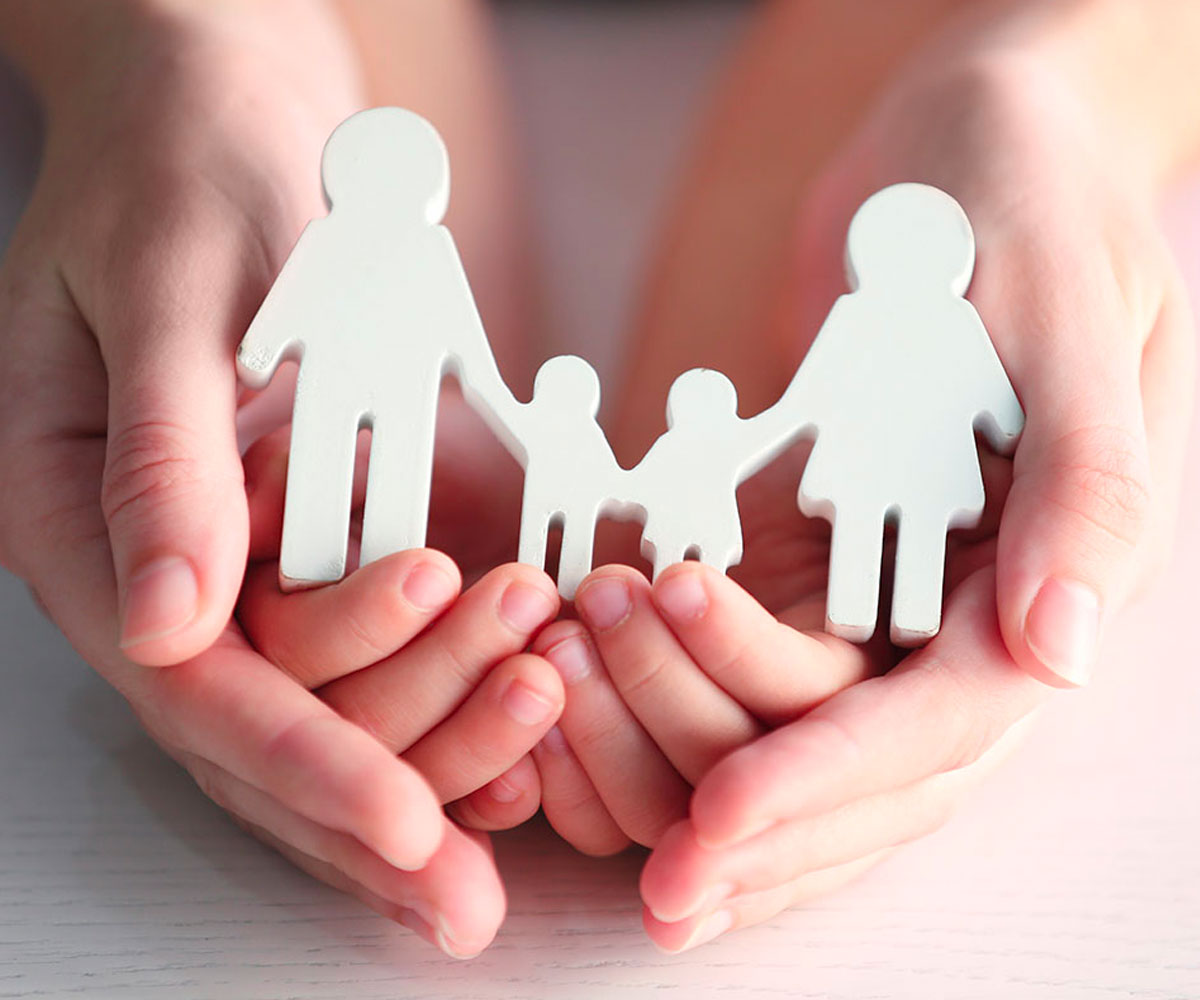
If you look at what experts in the field of adoption have to say, they don’t think the climate is optimal for adoptive mothers and daughters. Society still sees adoption as something that is not quite normal and should be hushed up, contend researchers, Mary Watkins, Ph.D., Janet Surrey, Ph.D., and Betsy Smith, Ph.D. They further assert that the sympathetic focal point of the adoption relationship is on the feelings of the birth mother, not the adoptive mom. These prevailing attitudes, they say, affect the “mental health and psychological development” of adoptive moms.
Laura Benkov, Ph.D., a clinical psychologist in Massachusetts, finds evidence that society still reveres genetic similarities in parents and children.
Despite these prevailing social winds, non-traditional adoptions are on the rise. Nine percent of the 127,000 legal adoptions in the United States in 1997 involved international pairings. Furthermore, it isn’t only unmarried celebrities who are adopting children. A wide variety of women are opting to do so.
Adoptions: The Relationship Side
If you want the real scoop on adoption, consider the findings reported in The Motherhood Report by Louis Genevie, Ph.D., and Eva Margolies. The study found:
Building Blocks
A psychological edge means to have a greater ability to think logically and systematically than another individual or individuals.
- There is no difference in the quality of relationships among adoptive and biological mothers to their children.
- Moms with both adopted and biological children do not feel any closer to the biological child.
- Some moms favor their adopted child over their biological child.
- The relationships between biological moms and their kids, and adoptive moms and their kids are no better or worse.
- The critical factor in determining the quality of a mother-child relationship depends largely on “who that child is as a person.”
- Mothers who have both biological and adopted children have what authors of study call a psychological edge over adoptive moms and are able to combat feelings of insecurity and confidence because they could experience that they are just as real a mother to all of their children.
Other research that adds to a fuller picture of adoption tells us that:
- Adoptive moms worry about whether attachment and love for them could be as strong as that which daughters have for their biological mothers, and whether they will be less attached to a child to which they have not given birth.
- Adopted daughters may have feelings of loss or abandonment, not having been raised by a biological mother.
- Many adopted daughters voice the need to search out their biological moms and discover their hereditary background.





